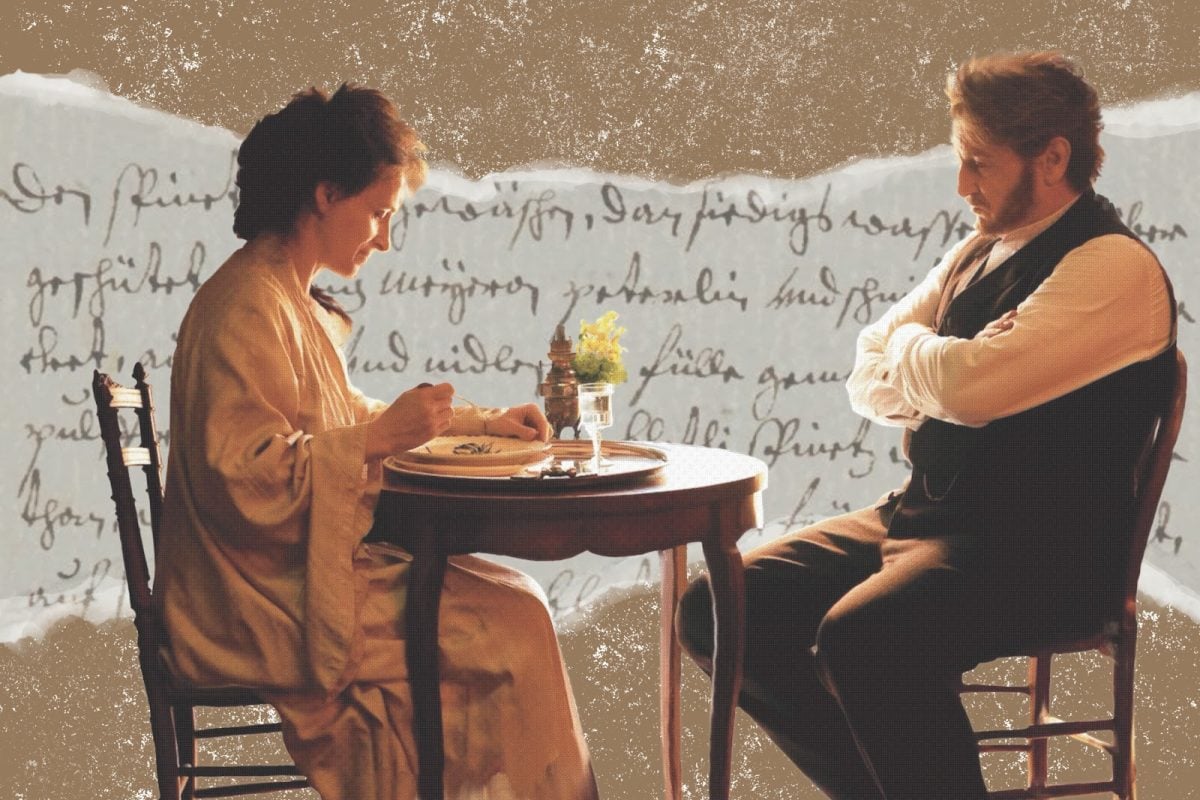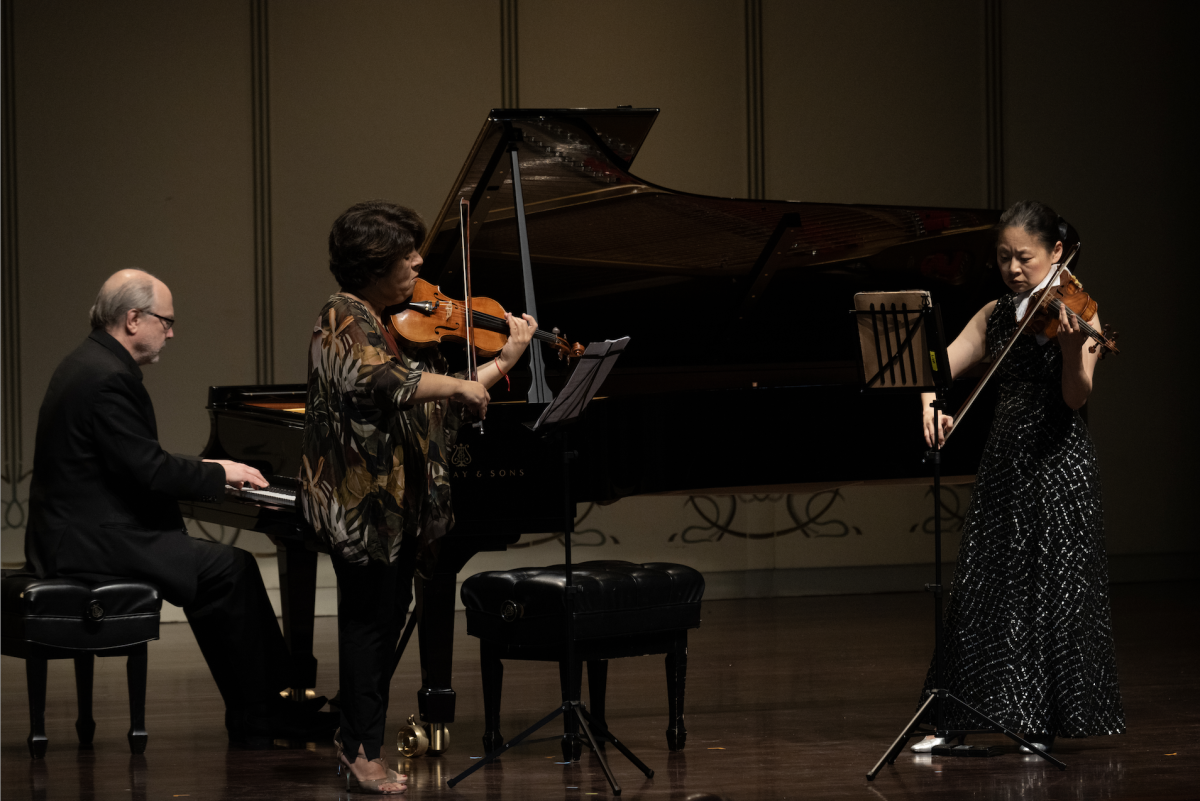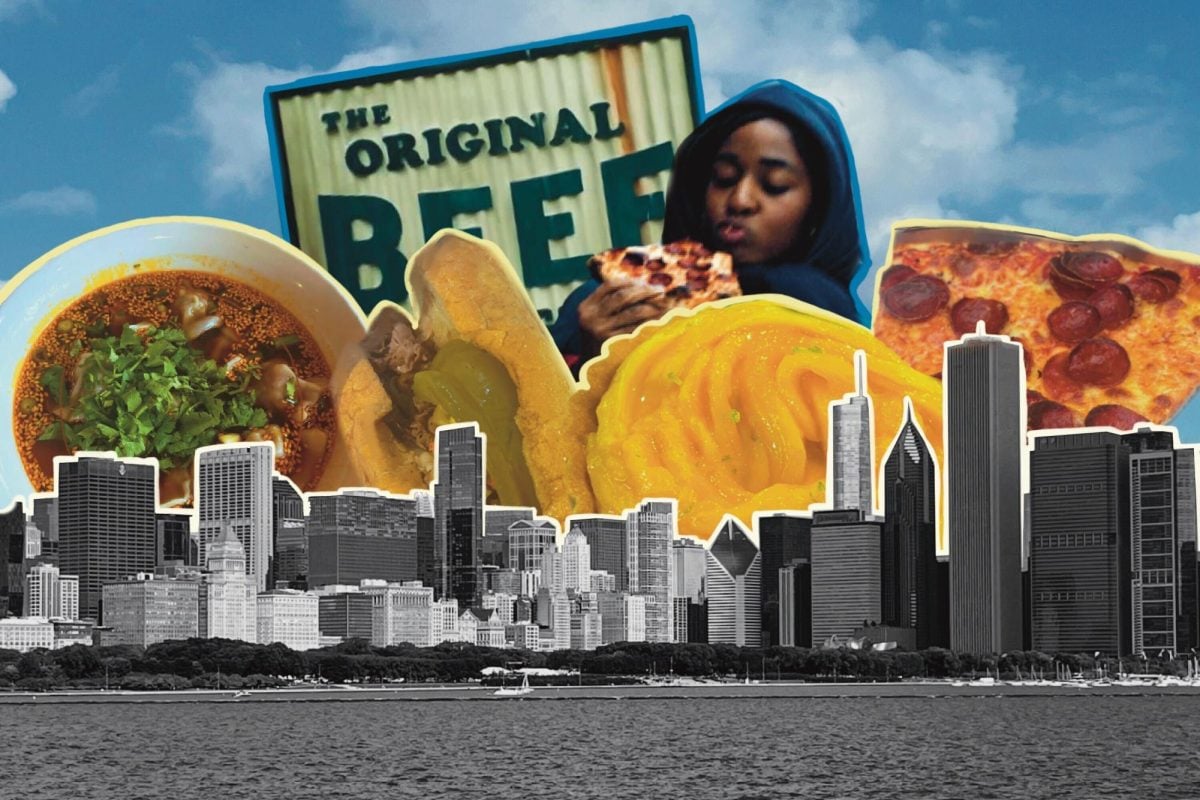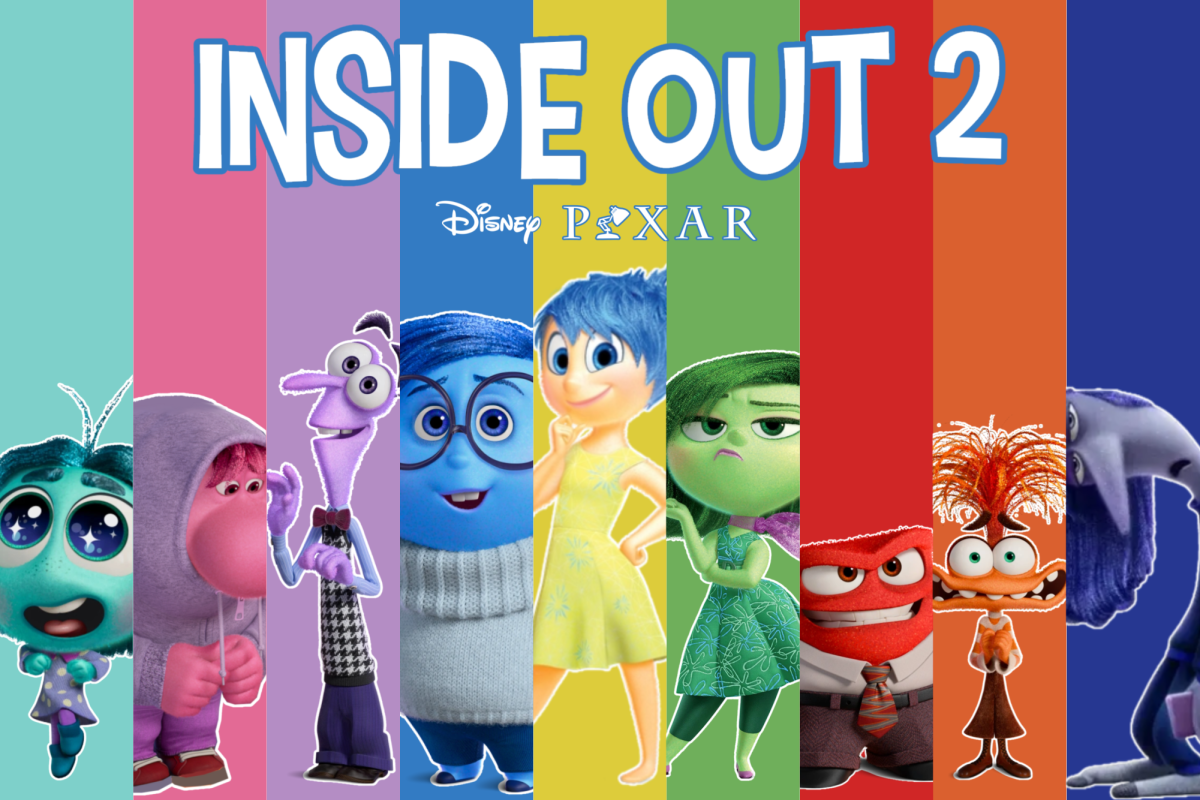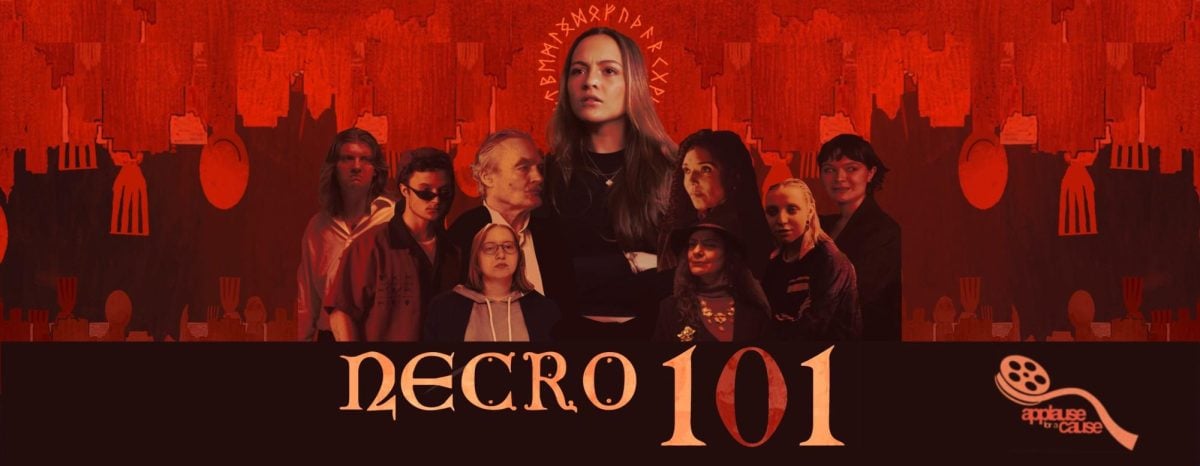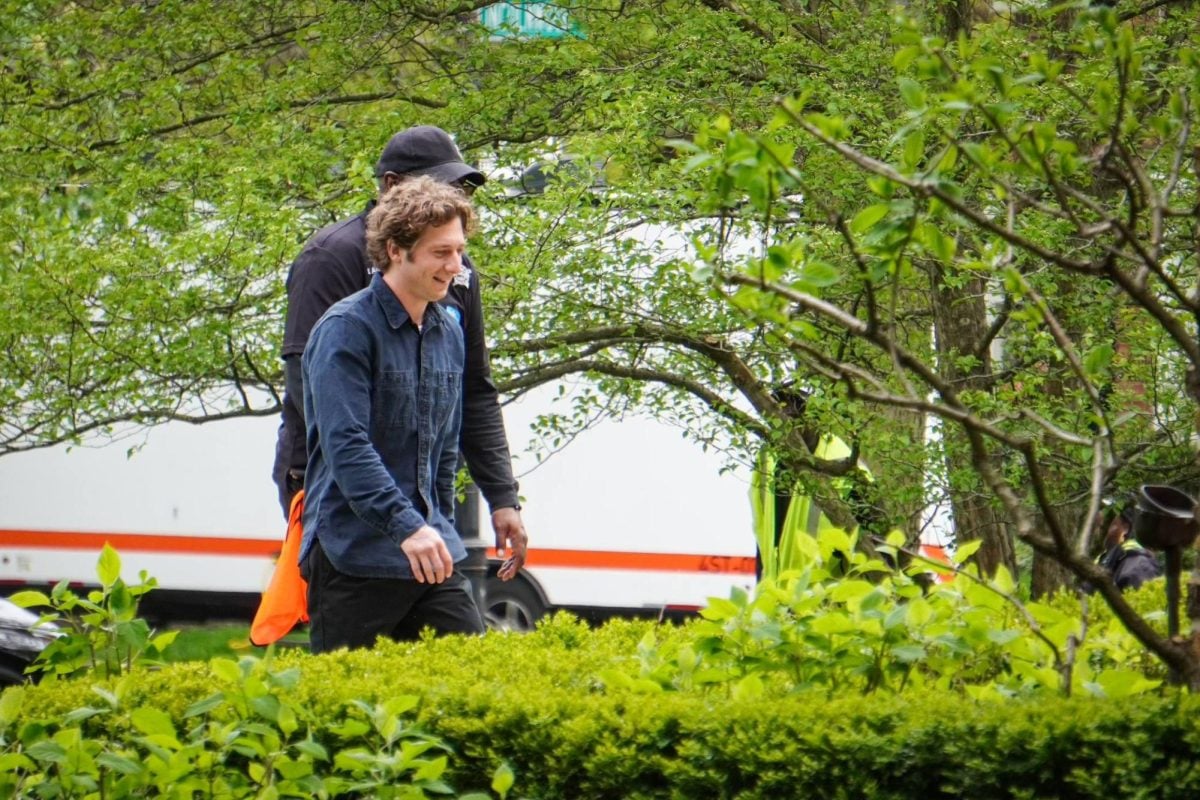This review contains spoilers.
Do not go see “The Taste of Things” on an empty stomach.
After a limited release on Feb. 9, French director Tran Anh Hung’s “The Taste of Things” hit theaters across the country on Feb. 14.
The movie — France’s submission for Best International Feature Film at the 96th Academy Awards — centers on celebrated and prolific French chefs Dodin (Benoît Magimel) and Eugenie (Juliette Binoche).
Anh Hung’s film follows Dodin and Eugenie preparing food in their home and traveling to taste the curated menus of their acquaintances. Scenes almost exclusively consist of extravagant dining or ordinary quotidian life.
The film is set in the 1880s French countryside, featuring elegant architecture and airy meadows. Beyond the visuals, the movie’s dialogue reinforces its distinctly Francophilic flavor, with Dodin’s contemporaries referring to him as “the Napoleon of gastronomy.”
The film opens with an elaborate scene in which Dodin, Eugenie and Pauline (Bonnie Chagneau-Ravoire) prepare a host of eclectic and carefully crafted dishes. The mouthwatering plates consist of garden-fresh vegetables, creamy sauces and slow-cooked meats.
The cooking takes place within the confines of a glowing French cottage kitchen. Stove tops sizzle and steam flows through the room. You can practically smell the freshly baked pastries through the screen, thanks to Anh Hung’s captivating cinematography.
Binoche and Magimel’s culinary mannerisms feel authentic and natural. Not once did they pull me out of the movie.
While “The Taste of Things” spends most of its time displaying the preparing and devouring of delectable dishes, another plot line plays out almost as a side dish: Dodin and Eugenie’s relationship. After seemingly years of Dodin asking to marry her, Eugenie finally says yes after she finds a ring in a flaky pastry served to her. Their love for each other and their love for food is one and the same.
About half way through the movie, I felt my attention begin to drift, not because of a lack of grandeur or a well-developed plot, but rather because of the complete lack of a score.
There are two worlds that exist in “The Taste of Things”: in or out of the kitchen, cooking or not cooking. Regardless of whether Dodin or Eugenie are preparing food with verve or peacefully wandering around a pond, there are no sounds present besides the ones that would occur in real life.
While I appreciate/admire the choice to exclude a score from the kitchen scenes, allowing the sounds of cooking to create atmospheric music, there are points where the film could have benefitted from a score to add texture to the chef’s daily lives, or even to mute Dodin’s heavy breathing while he chops ingredients.
That said, maybe that’s the whole point: Nothing matters in the character’s lives besides the pursuit of excellent culinary production.
If this was the goal, though, the film may have benefitted from Hung chopping a number of non-food focused scenes if this is the case. The director and the characters do not feel genuinely interested in anything but dining and cooking. The side plots feel unnaturally added at points, like Hung bit off more than he can chew.
“The Taste of Things” is a movie about creation and prowess. When asked by her guests why she never joins them in the dining room, Eugenie says that she communicates through the food she serves. When handed the preparation of another inventive chef, Dodin raves at length about the skill that went into the dish and the story it tells.
While the characters felt flat at times, scenes like these brought them to life. Vivacious scenes coupled with a French summer ambiance and warm lighting throughout make the film charmfully inviting. I wanted to teleport into their world.
With so much allusion to creation, it’s hard not to draw the parallels between the job of a director and a chef. Both meticulously comb over the characteristics of their creations only to hand them over to others, pending their approval or dismay.
“The Taste of Things” finely displays the world of masterful culinary creation while providing art-like still frames. Despite the lulls of the scenes far from food, I would be surprised if these issues weren’t remedied, at least slightly, upon repeat viewing.
Email: [email protected]
Twitter: @JacksonWeier
Related Stories:
— The 96th Academy Awards: The race for Best Picture
— Reel Thoughts: Jonathan Glazer’s ‘The Zone of Interest’ is imposing, horrifyingly inescapable
— Timothée Chalamet, Keegan-Michael Key talk ‘Wonka’ in college journalist roundtable











